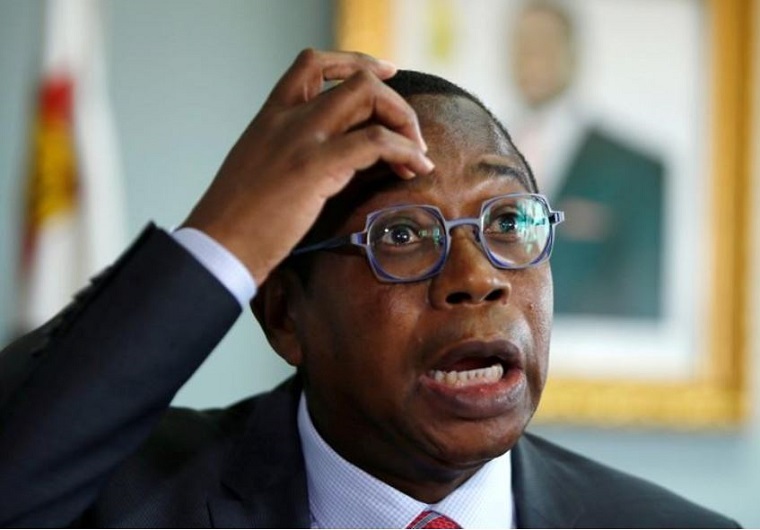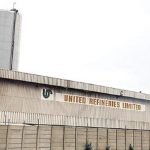 The International Monetary Fund has revised Zimbabwe’s growth for this year downwards from 6% to 5.1%. Zimbabwe says its economy will grow by 7.8%.
The International Monetary Fund has revised Zimbabwe’s growth for this year downwards from 6% to 5.1%. Zimbabwe says its economy will grow by 7.8%.
The IMF also said inflation is likely to end the year at 92.5%. Inflation for September was pegged at 51.5%.
Zimbabwe’s inflation has been dropping steadily from 837.5% in July last year to 348.6% in December but rose to 362.6% in January before declining to 50.2% in August.
The Reserve Bank of Zimbabwe revised its inflation figures for the end of the year from below 10% to between 25 and 35%.
Inflation is rising following the siege on the Zimbabwe dollar which has now dropped to as much as $200 to the United States dollar against the auction rate of $90.08.
United States economist Steve Hanke who keeps a watch on world currencies says the Zimbabwe dollar is currently down to $180 to the US dollar.
He says the local currency has depreciated by 93% against the US dollar since it was brought back two years ago.
Hanke, who uses the black market rate to calculate inflation, says Zimbabwe’s inflation is currently 98.69%. And he says the only solution is to dollarise.
The Zimbabwe government has set up a roadmap for de-dollarisation and argues that there is no way the country’s economy can grow if the country dollarises.
Hanke, however, argues that when it comes to economics Mnangagwa is “totally ignorant”.
Mnangagwa’s administration says ED, as he is popularly known, is steering the country back onto the growth path. The current problems are being engineered by saboteurs and is cracking down on them.
Business, however, argues that government policies are to blame for the present chaos.
“Bad policy blurs the lines and results in criminal activity co-mingling with legitimate business survival decisions in a forex mispriced system,” the Confederation of Zimbabwe Industries said on Wednesday.
“As we had stated in our submission, a heavy-handed approach to a problem that has its cause squarely in sub-optimal policy implementation creating arbitrage opportunities would be unsettling to the markets.
“It is our considered view that the measures agreed at the consultative dialogue should be given time to take effect as they are going to most likely cause an adjustment of behaviours in accordance with their efficacy on the challenges being addressed.
“Essentially, at the centre of this is a policy correction, when policies fail we should not arrest people, we should correct the policies for efficacy.”
See also:
What the Zimbabwe government, industry and business agreed to curb the black market
https://insiderzim.com/what-the-zimbabwe-government-industry-and-business-agreed-to-curb-the-black-market/
(230 VIEWS)


Pingback: IMF Revises Zimbabwe’s Growth For 2021 Downwards - Lite News by Pindula
Pingback: IMF Revises Zimbabwe’s Growth For 2021 Downwards - The Zimbabwean